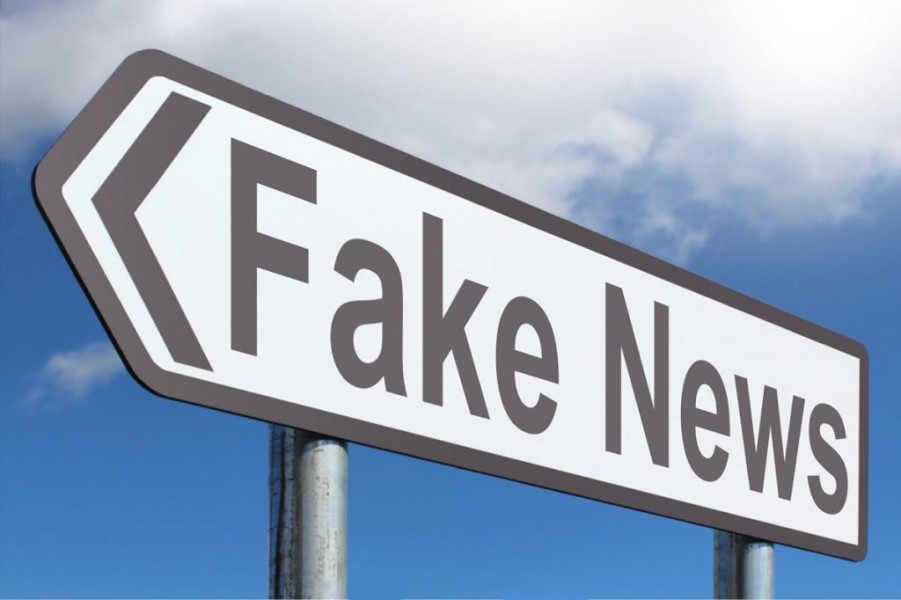RIA Novosti writes, Russia’s Permanent Delegate to UNESCO A. Kuznetsov accused the Ukrainian authorities of intend to change the course and work of the Organization in the interests of Kyiv. In his opinion, Kyiv and those who patronize it want to reorient UNESCO to serve their own interests, block its statutory, constructive activities and completely “nullify” the constructive contribution to the common cause of the Organization’s member states. Earlier, T. Dovgalenko, Deputy Permanent Delegate of the RF to UNESCO, has blamed the Organization in its desire to “defamate” Russia, noting that in all 75 years of its existence, the organization has never held a special session on any conflict.
In fact, there is no question of any reorientation. It is worth noting that the destruction of cultural heritage sites is a war crime under the 1954 Hague Convention. And that is why the facts of the destruction of cultural objects on the territory of Ukraine during the war of the Russian Federation are carefully recorded and controlled by UNESCO. It’s just not possible to hide them. Since the start of Russia’s war against Ukraine, at least 53 cultural sites have been damaged. Such data was called April 1 at UNESCO. According to the Organization’s estimates, the list of buildings and cultural sites affected by the war included 29 religious buildings, 16 historical sites, 4 museums and 4 monuments. However, the list is not complete, since UNESCO experts are still studying the reports of the Ukrainian authorities about the damaged cultural heritage. Damage to 53 cultural sites in the north and east was confirmed by satellite imagery and by eyewitnesses on the ground. 18 places and structures are located in the Kharkiv region, which is subjected to particularly intensive shelling by Russian troops. Another 5 messages came from Kyiv, and five from the Chernihiv region, where many historical monuments are located.
Although none of the damaged cultural monuments belongs to the UNESCO World Heritage Sites, which in Ukraine include, for example, the St. Sophia Cathedral in Kyiv or the Kyiv Pechersk Lavra, the medieval center of the city of Chernihiv is included in the so-called previous list, which means that it may be nominated for inclusion in the UNESCO World Heritage List. In mid-March, UNESCO Director-General Audrey Azoulay sent a letter to Russian Foreign Minister Sergey Lavrov reminding Russia of its obligations to protect cultural heritage during armed conflicts. Russia has signed the relevant UN agreement since 1954. Any violation of these norms will lead to the fact that the perpetrators will be brought to international responsibility.

